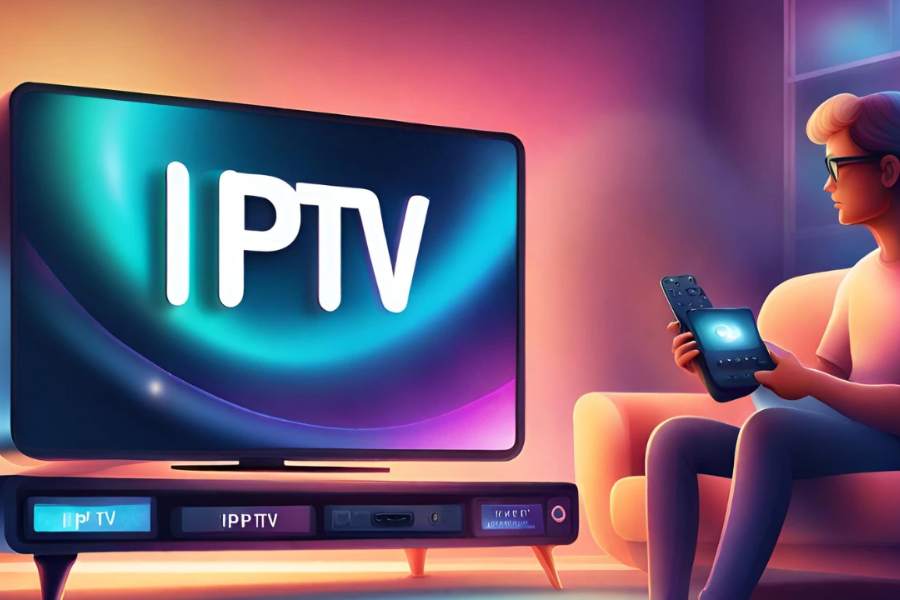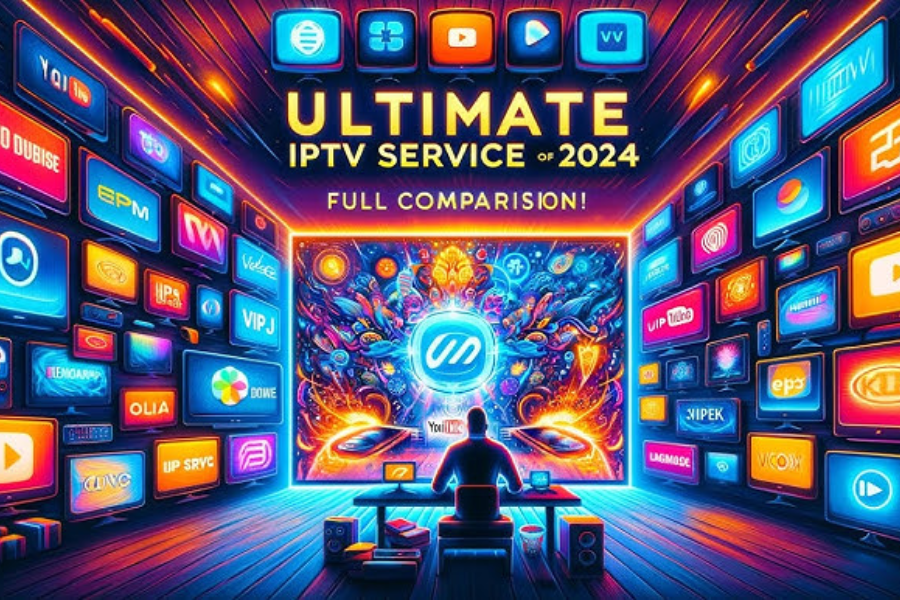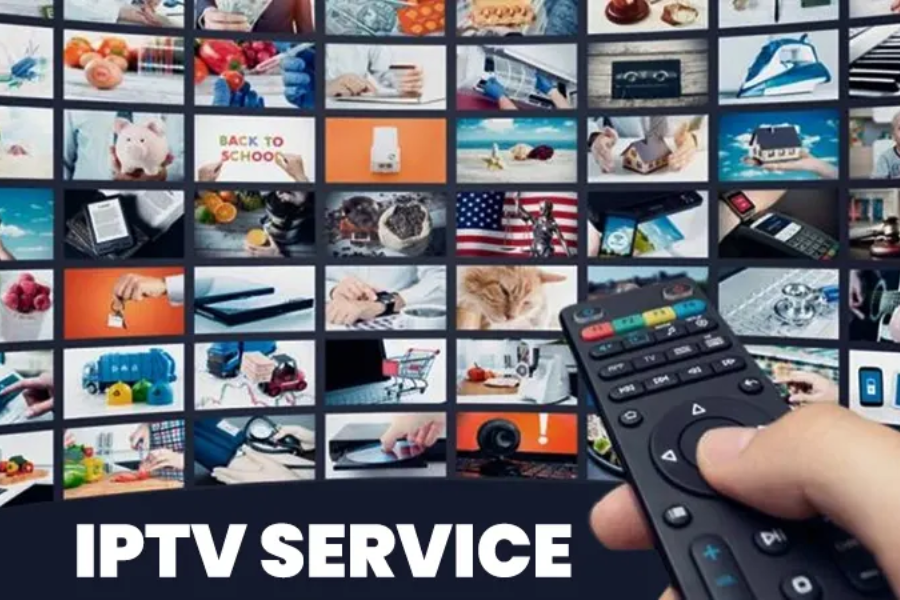
Understanding IPTV Service: A Modern Revolution in Television
In recent years, the way people consume media has drastically changed. Traditional broadcasting methods, such as cable or satellite TV, have slowly given way to Internet-based solutions. One of the most transformative innovations in this field is IPTV (Internet Protocol Television). This technology allows users to stream live TV and on-demand content over the internet,…





